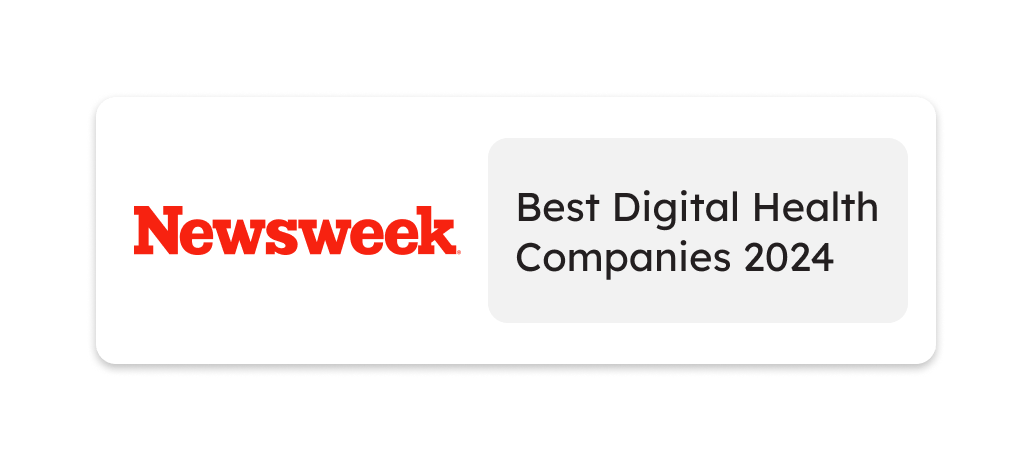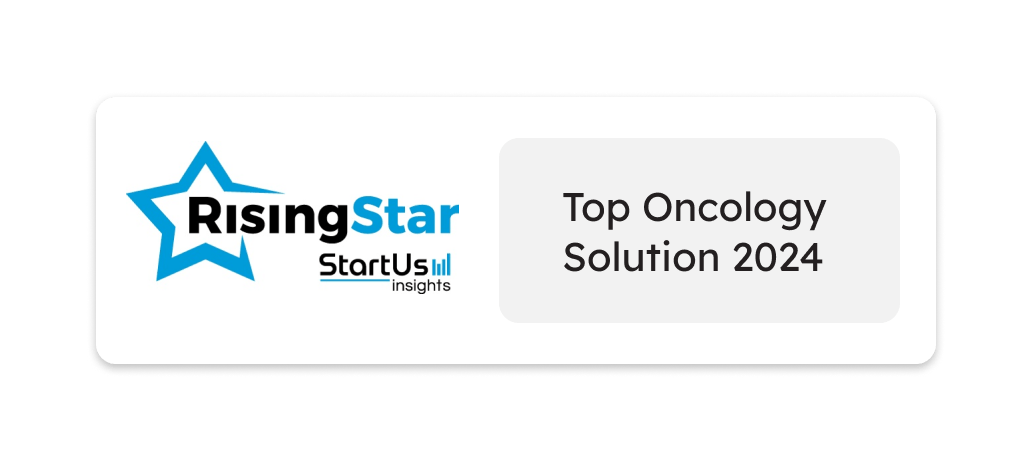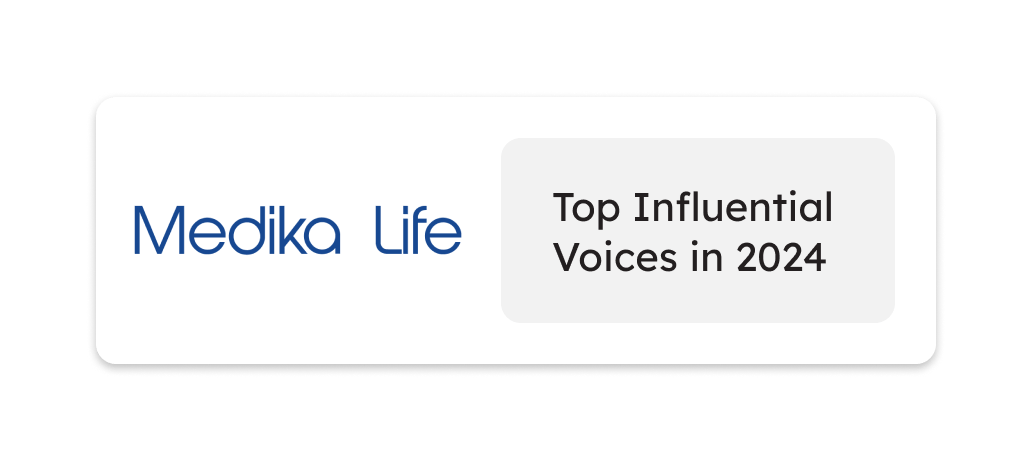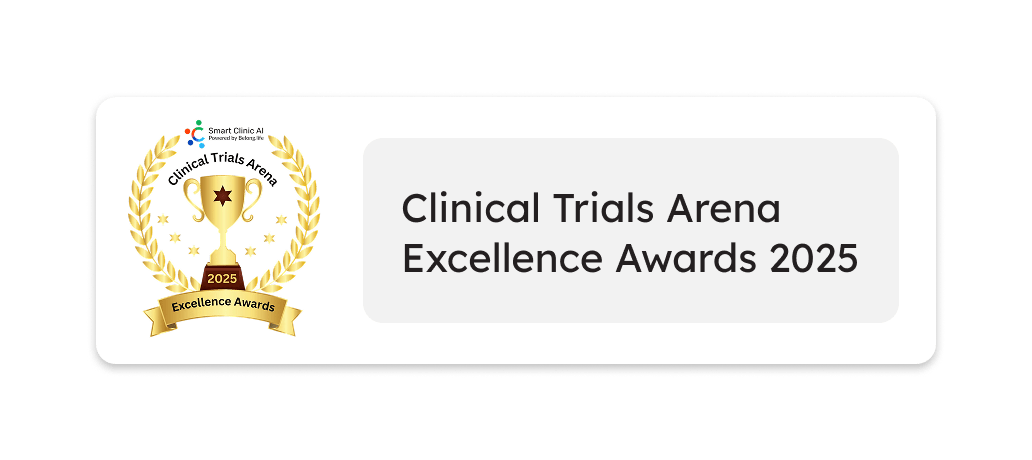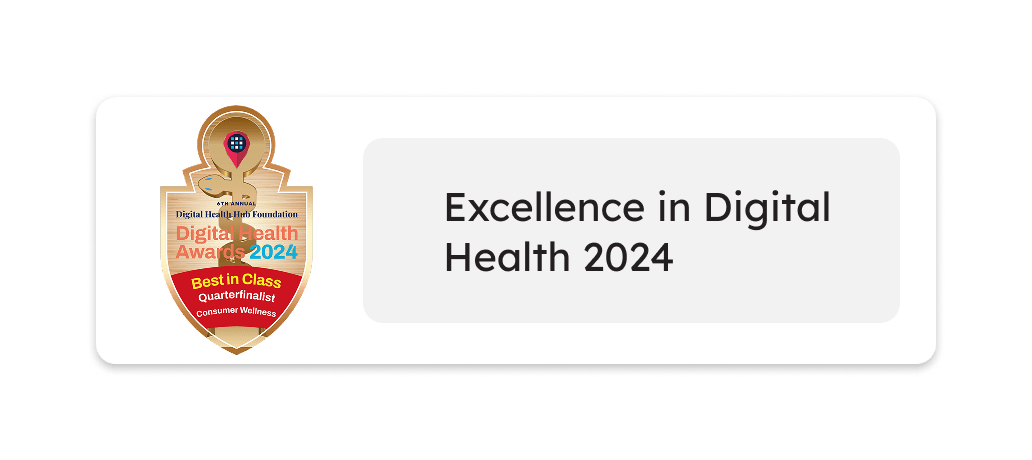April 2024.
In this interview, Belong.Life (NY, USA) co-founders Irad Deutsch and Eliran Malki explore how AI assistants can be used to benefit every step of a cancer patient’s journey, as a mentor, friend and supporter. Irad and Eliran discuss the launch of Tara, Belong’s AI clinical trial matching assistant, that connects cancer patients with clinical trials to access potentially life-saving treatments. Belong also recently launched the BelongAI-Dave Cancer Mentor for immediate, accurate and personalized proactive AI support for cancer patients and caregivers.
Firstly, please could you each provide a brief overview of your careers to date?
Irad Deutsch (ID): I am the CTO and one of the co-founders of Belong.Life. Eliran and I have worked together for many years. This is our fourth venture actually. My specialty is around big data analytics, and then for the past couple of years I have been in AI. I have been doing this since the age of 18 and I am now 45. So, I have been specializing in this field for quite a lot of time. I worked for many companies during my career, where I improved the bottom lines through data. But then, because my mom was diagnosed with cancer right after our last exit, Eliran and I got together and shared our experiences, because he has some health issues with his family, and the other co-founder of Belong also does. So, we thought, “How we can leverage data to improve not only the bottom line, but also the care, the journey, and even the outcome of cancer patients?” And as someone who knows something about data, Belong was my destiny from that moment.
Eliran Malki (EM): I am a co-founder of Belong along with Irad. My background and experience is as a tech guy. I was developing software for F. Then I worked in IT on a few high-performance computers. I then lost a family member to cancer. My uncle was diagnosed just after Irad’s mom died from cancer. So, we decided to build this company (Belong). And fast forward, we have more than a million patients around the globe. We have the best AI oncology mentor at Belong; the best one in the market. It is better than almost any one of our physicians that already support cancer patients.
What is Belong.Life and what was the inspiration behind founding the company?
EM: After Irad’s mom died and my uncle was diagnosed with cancer, we found out that all of us made mistakes by choosing the most famous physician and not the best one. We thought that it was the job of the physician to cure them and not actually manage the treatment. The answer is not one pill and that is it. So, we then understood that we need to give patients much more information, we need to give them the ability to manage the treatment, and then be a case manager for their own disease. And by doing this, we can empower patients to be in control in the long-term prognosis of their cancer. This is where the name of the company, Belong, comes from: be in the long-term. We started by building the tools, and then, with all the data that we gathered from millions of patient journeys, we built Dave, our Conversational AI Oncology Mentor, and then , our AI Trial Matching Assistant for Cancer.
ID: We have both been in the shoes of the caregiver. And we have seen firsthand how cancer patients fight their disease, all the obstacles, and all the challenges. Not only regarding what treatment to take, but also when you look at cancer patients with a holistic view, there are a lot of other challenges that are not related to a treatment or a tumor. For example, they have to choose what to eat, what to do, how to manage symptoms. Even other challenges, like psychological issues. A lot of cancer patients do not want to share the fact that they have been diagnosed with cancer because they are afraid of people’s reactions. When we built Belong, we knew from the beginning that every patient is very unique, and everyone experiences things very differently and responds to the same drug differently. So, we understood that we needed to curate a very personalized experience for every patient, because we knew this was important as we have been there as caregivers. And when we built the platform, we looked at all the challenges and we addressed every one of them either with a tool that we developed, or with an expert that provided people with the answers or supported them in the challenge. And later on, we added AI to accelerate this process.
You recently launched an AI Clinical Trial Matching Assistant for cancer: Tara. Could you explain how the software works and how it benefits patients?
ID: Eliran can shed more light about the process, but I will start with a little bit about the tech workflow and how it is done. So, in the past 4 or 5 years, we have been performing clinical trial matching for patients. We have a small team with a lot of technologies that do most of the heavy lifting to perform the matching process. Until we launched Tara, the way we matched clinical trials was by taking all the clinical trial databases out there, and slicing and dicing them in a way that meant our engine could analyze them. We also had a human agent who was in front of the patient asking the questions and collecting the data, and then using this data, the machine was able to come up with the right clinical trials that were relevant and matched for the patient. We had to get our agents to do follow-ups to get consent from the patient, to sign them up for a clinical trial, and to connect them with a site, etc.
After many years, we collected enough data to create an AI assistant called Tara that can do most of this work, supervised or unsupervised. Tara can talk to the patient, collect data, ask all the right questions depending on the specific tumor type or challenge, search for trials automatically, provide trial information, perform follow-ups, get consent, etc. Tara does everything through an intuitive chat that is very human-like.
There is a lot of technology behind this, because having a database of clinical trials is easy but it is difficult to create an engine that can read all of this data, talk to a person and match all of the data points. These data points include information such as cancer stage, mutations, what type of drugs a patient is being given, what other therapeutic areas they have challenges with, and where they want the trial search to be performed. Tara collects all this data, and she is able to match it with this huge database of hundreds of thousands of clinical trials out there and provide the result with high accuracy because the AI has been trained for a long time on real patients that have used Belong. If you have good data, you have a good AI engine. Since we have matched a lot of clinical trials in the past years, we are able to now match them very accurately using Tara.
EM: Patients can engage with Tara free of charge, ask Tara to find a clinical trial in their area, and Tara can connect them with the right site to be included in the clinical trial. Clinical trials are usually the most modern treatments, and supposed to be one of the best treatments that have been developed. In most cases, clinical trials can be advantageous for patients to get a better treatment. Irad’s mom found a clinical trial just when every other treatment failed, and it gave her a little bit more time. And this is the reason we are connecting patients to and helping them find a clinical trial.
Do you have any particularly inspiring stories from patients using your platforms?
EM: Yes, you can find dozens of them on our website. Last year we had 340,000 patients say “Thank you, Belong, for what you’re doing for us,” and more than 1000 patients that said that “This app or site saved my life.” That was the quote that we were looking at in our database. To name a few inspiring stories, we have Antonio, Fiona and Mark. If you go to our ‘Success Stories’ on our website, you will find people and partners saying how much the app has helped them.
What is unique about our AI platform is that it has been built using data from over 80 million discussions between patients and physicians at Belong. We are the only platform in the market that actually has this data serving oncology patients for the last 7 years. We have already matched more than 30,000 patients with clinical trials. And we use this data to build our AI.
We also have a system that we call ‘ARCH’, which is what we use to develop large language models and AI models at Belong. This system enables us to reduce AI hallucinations, increase responsibility for the content, and ensure that the AI model answers are ethical and fully comply with HIPAA and GDPR regulations.
ID: Tara can collect all of the data, put it into a structured database that is then matched with all the clinical trials registered with NCT IDs. Tara then finds the right NCT IDs that are relevant for a particular patient, and presents a list of matched clinical trials to the user. Then she can connect you with a person, or she can continue directly. So, it depends on how we want to implement Tara and the user’s preference. Once the matched trial list is finalized with or without human supervision, Tara asks for consent to share the user’s contact details with the trial sites, or alternatively, provide the user with a relevant person to contact from the trial sites.
Tara also has the option to conduct a follow-up with a patient after a few weeks. During this follow-up, she can verify whether the user has been contacted by the site and also check if the patient has been randomized into the trial. Tara can really increase the reach and accelerate the recruitment processes of clinical trials.
Tara is far beyond a generative AI just talking. This is AI that does not wait for you to ask questions. It reaches out to you and asks you, “How are you doing today? Have you been contacted by the site? Have you been randomized?” So, Tara also has a proactive element. Data is key in this, because you need a good foundation of diverse data that will provide you with good, generative AI technology. And this is based on the 7 years of data that we have accumulated from real patients talking to real physicians with real clinical trial matching. On top of this, you have to comply with the regulations in this field. In healthcare, you cannot tell patients everything. So, we have placed a responsible AI layer in that sits on top of Tara that makes sure everything she says complies with regulations.
If you could pick one thing, what would you most like to accomplish at Belong.Life within the next 5 years?
EM: Belong recently launched a comprehensive AI cancer mentor app, BelongAI Dave – Cancer Mentor, providing 24-hour valid information and support for patients and caregivers around the world. We envision our cancer mentor as the go-to solution for every oncology patient in the world, acting as the ideal case manager, friend, and support for patients throughout their journey. The quality of Dave’s answers, and the way he provides personalized and empathetic information to users, is truly amazing – you have to try it out yourself to believe it! We want our AI assistant to be one that helps people overcome the challenges of cancer, leading them to better health outcomes. That is why we are here.
ID: Both Eliran and I share the same vision. We think that every patient on this planet needs to have something like our AI assistant, to help them have a better healthcare journey and a better outcome. A better outcome is not necessarily extending life because sometimes that is not possible. But having a better life in the process is super important. I learnt this firsthand with my mother. So, our goal is to support everyone dealing with chronic illnesses of some sort. And our applications, like Tara and Dave, will be there every step of the way and improve patient journeys.
